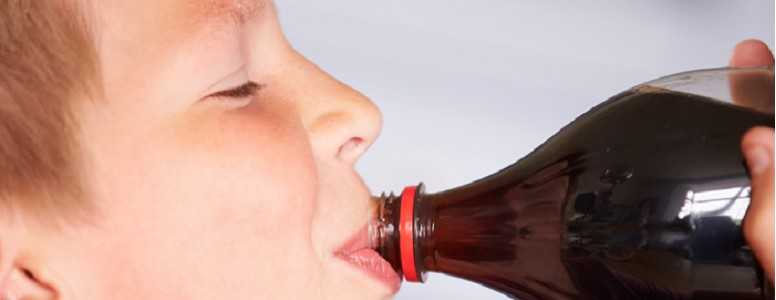When researchers from the University of Ottawa and The Ottawa Hospital found a bacteria-killing protein in the pancreas, they were confused: why would such a protein be found in an area that is rarely exposed to bacteria?
Now the researchers have found that the protein was helping the pancreas to repair itself, thereby stimulating insulin production. These findings could lead to new treatments for both forms of diabetes – type 1 and type 2.
The same research team – which specialises in type 1 diabetes – suspected that the protein, which is called cathelicidin antimicrobial peptide (CAMP), had a significant relationship to type 1 diabetes, but they couldn’t work out exactly how.
“We were looking for this bacteria-killing protein in various parts of the body, and as expected, we found high levels in the gut tissues that are exposed to bacteria,” explained Dr. Fraser Scott, a senior scientist at The Ottawa Hospital and Professor at the University of Ottawa. “However, we also found it in the pancreas, which was a complete shock because the pancreas isn’t typically exposed to bacteria.”
To work out how CAMP was linked to diabetes, the team treated pancreatic cells with CAMP in a laboratory setting. They found that it doubled the secretion of insulin, and they also found that it is produced by the same pancreatic cells that produce insulin. Further experiments were conducted on rats that had been engineered to develop diabetes. In these rats, CAMP increased pancreas regeneration and increased beneficial bacteria in the gut. CAMP was less prevalent in diabetes-prone rats than normal rats.
“Our study uncovers an intriguing new role for this protein in pancreas function and regeneratio, with possible links to diabetes-associated gut bacteria,” said Dr. Scott. “We certainly don’t have all the answers yet, but our findings raise the exciting possibility of novel treatments for both type 1 and type 2 diabetes.”
The findings are published in the journal Diabetes.
What's new on the forum? ⭐️
Get our free newsletters
Stay up to date with the latest news, research and breakthroughs.





